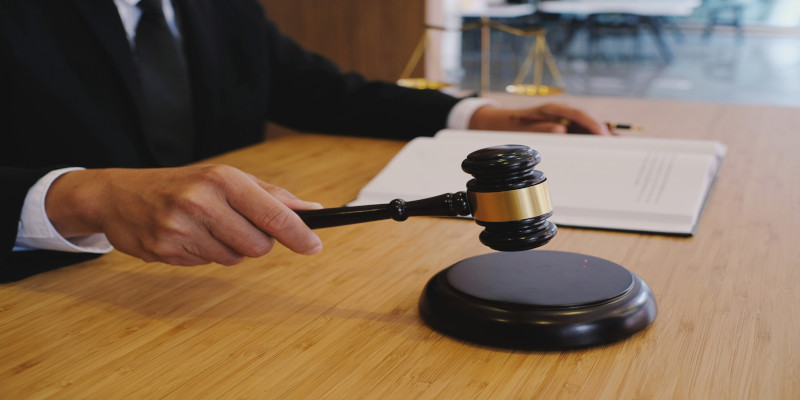
The focus of this series is the various issues which cause objections during the discovery process, outlined below:
Introduction
Permissibility of Discovery Tool
Number of Interrogatories
Outside the Scope of Discovery
Lacks Specific Description within Request
Vagueness, Lacks Specificity, or Ambiguity of Request
Overly Broad
Information Obtainable from Another Source
Information Equally Available to the Other Party
Documents Already Produced
Request Creates Unnecessary Burden, Expense, or Made for Purposes of Harassment
Creation of Document not in Existence
Electronic and Magnetic Data
Personal, Constitutional or Property Rights
Inconvenient Time or Place
Information Unknown or Not in Possession of Responding Party
Persons with Knowledge of Relevant Facts
Premature Request
Request Seeks Admission of a Legal Proposition
Seeks Admission of Hearsay
Seeks Admission of a Matter of Opinion
Assertions of Privilege
Objection to a Request Which Seeks Admission of Hearsay
Given the importance of exchanging evidence and information during the discovery process, exact procedures are in place to ensure that both parties share all requested, relevant information, even that information which may be harmful to a party’s case. When someone does not follow the parameters outlined by Texas courts, the other party may object.
One common reason for an objection is when a party seeks to admit hearsay as evidence. In the case of Gaynier v. Ginsberg, for example, the admission of hearsay was objectionable. Initially accepted by the court, a court of appeals overturned that earlier admission, asserting that “a party is not required to admit or deny facts of which he has no personal knowledge and has no reasonable means of obtaining such knowledge.” Gaynier v. Ginsberg, 715 S.W.2d 749 (Tex. App.— Dallas 1986, writ ref’d n.r.e.) In that case, Mrs. Gaynier was asked to admit that certain documents were records from her psychiatrist Dr. Harrington. She was also asked to admit the accuracy of these records which focused on her “existing state of mind, emotion, sensation, or physical condition as of the date.” Further, she was asked to affirm that the records were created for the “purposes of medical diagnosis or treatment” and were relevant to the case. Although Mrs. Gaynier could not definitively prove that she had spoken the material quoted to her, the lower court accepted the answer as admissions. The verdict was later overturned on the grounds that she could not know whether or not Dr. Harrington had created the records, nor could she verify the accuracy of records created by another person. Not only did the court of appeals overturn the verdict, but they also called the attempt to include hearsay improper.
A proper objection might include the following language:
OBJECTION: This request seeks admission as to matters which are hearsay. Gaynier v. Ginsberg, 715 S.W.2d 749 (Tex. App.—Dallas 1986, writ ref’d n.r.e.).
Because the rules and procedures of the discovery process are complex, they can be difficult to interpret and apply correctly. In order to minimize the chance of time-consuming, costly missteps, working with a knowledgeable, experienced lawyer is always a wise choice.
All information provided on Silblawfirm.com (hereinafter "website") is provided for informational purposes only and is not intended to be used for legal advice. Users of this website should not take any actions or refrain from taking any actions based upon content or information on this website. Users of this site should contact a licensed Texas attorney for a full and complete review of their legal issues.
